Relativity: The Special and the General Theory
£10.62
Relativity: The Special and the General Theory is a groundbreaking scientific work written by Albert Einstein, one of the most renowned physicists of all time. Published in 1915, the book revolutionized our understanding of space, time, and gravity. Relativity remains a cornerstone of modern physics and a testament to Einstein’s intellectual brilliance.
Provides a comprehensive exploration of both the special theory of relativity and the general theory of relativity. Concepts are explained in a logical and concise manner, enhancing the reader’s comprehension. Offers readers a fresh perspective on the fundamental principles that govern our reality. Delve into the mind of Einstein and understand the ideas that reshaped our understanding of the universe. Allows readers to engage with the timeless concepts that underpin our current scientific understanding.
Read more
Additional information
| Publisher | Fingerprint! Publishing (22 Nov. 2023) |
|---|---|
| Language | English |
| Hardcover | 176 pages |
| ISBN-10 | 9358561572 |
| ISBN-13 | 978-9358561579 |
| Dimensions | 20.3 x 25.4 x 4.7 cm |

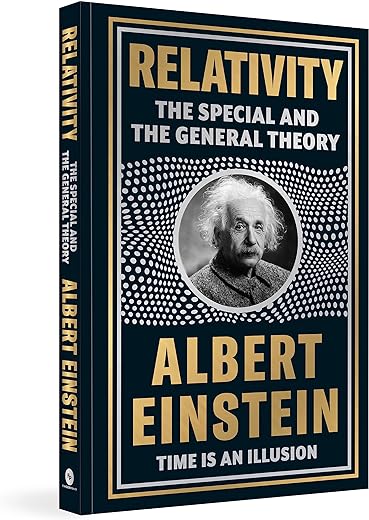
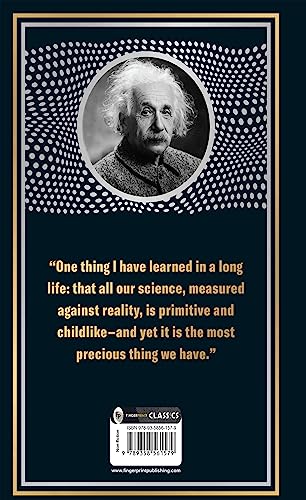
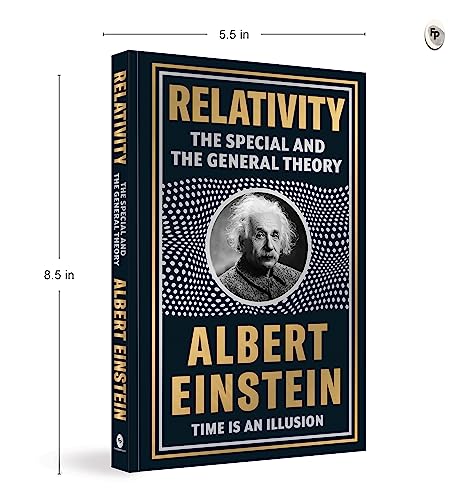
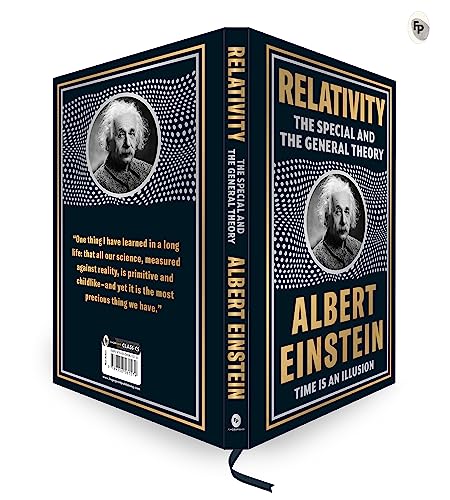
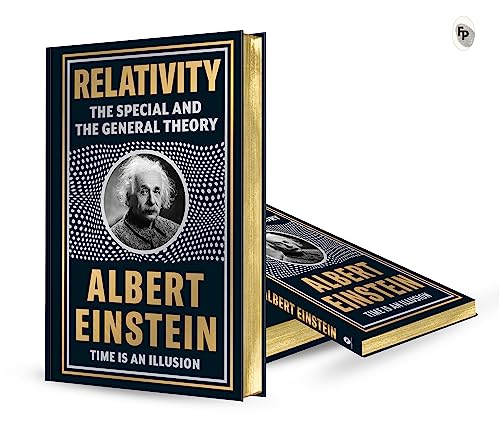


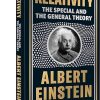
by Peter R
I was disappointed in the contents of this internationally-famous book written by one of the most famous people ever to have lived. I expected sharp, well-stated, arguments to support his proposed theories of relativity. I found, instead, a sketchy set of arguments written in a pompous, self-righteous style. Not only that, but I found the majority of his arguments to be poorly constructed and, in many cases, unacceptable. His problem is that—being a genius—he frequently expects his readership to accept his opinion without support. In general terms, his book is written in an early 20th Century style. He suffers from having the modern range of practical engineering and scientific technology upon which to base his logic. Frankly, if this book had been published in the early 21st Century, it could not have been accepted by any educated reader. Einstein’s theories of relativity have, as mathematical operators, been so successful that science automatically assumes the foundations of his theories must have been sound. Having read his book, I no longer believe that to be the case.